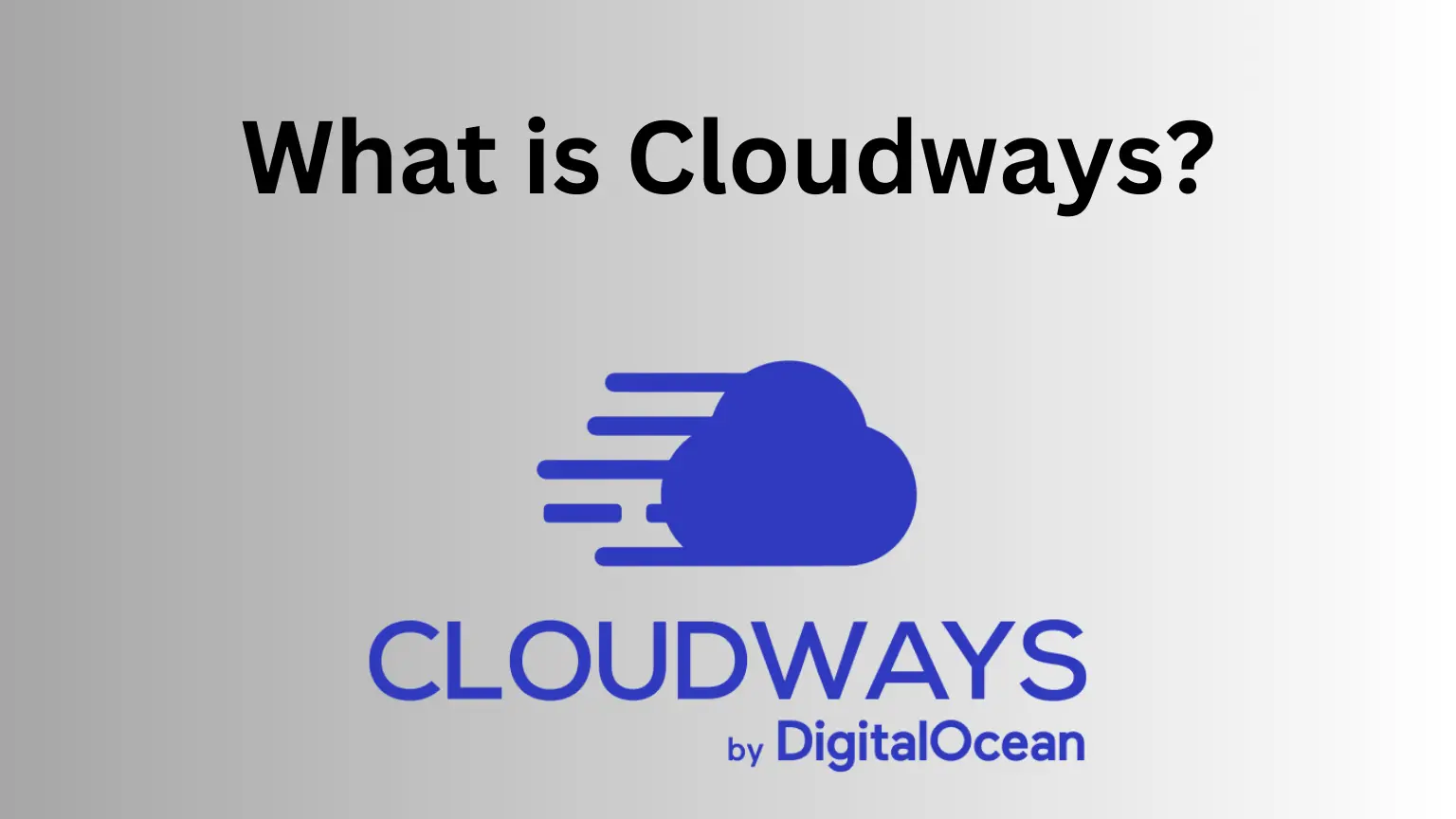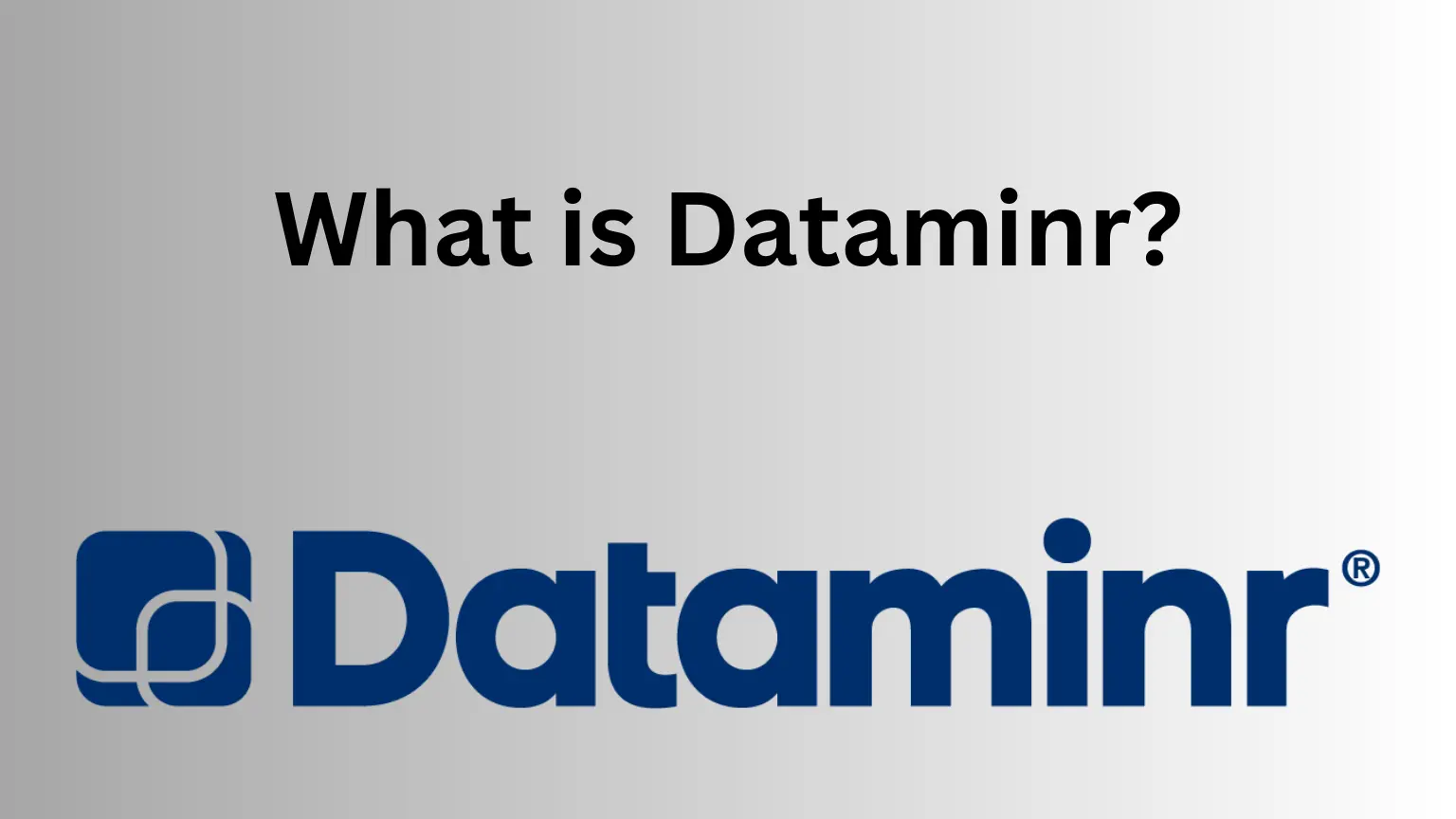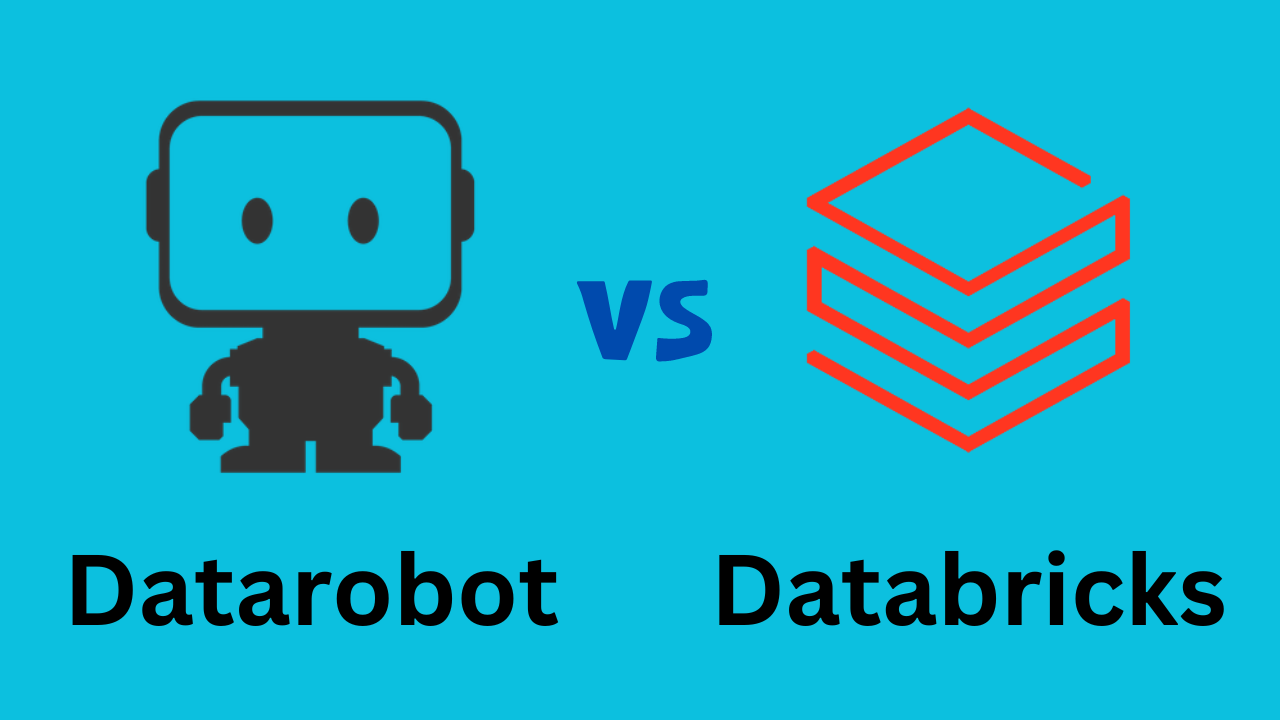In today’s data-driven world, businesses are constantly looking for ways to gain a competitive edge. One of the most powerful tools for achieving this is Business Intelligence (BI) datasets. These comprehensive collections of data are used to identify trends, relationships, key risks, and other insights that can enhance the value of business data.
In this article, we will explore the best Business Intelligence datasets that can help businesses gain a competitive edge.
Business Intelligence Datasets
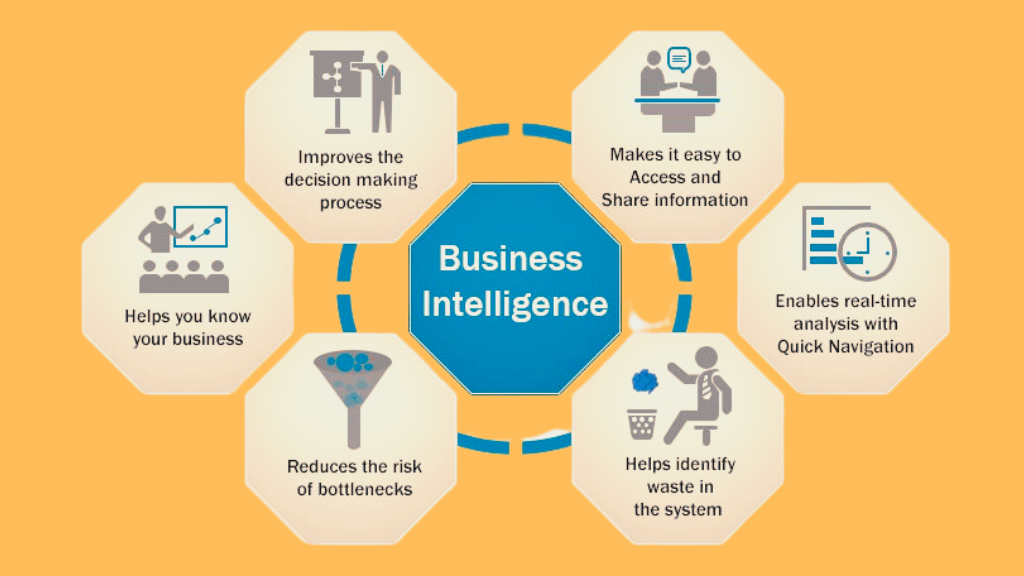
Business Intelligence datasets are comprehensive collections of data that are used to identify trends, relationships, key risks, and other insights that can enhance the value of business data. These datasets are created by combining data from multiple sources, including internal databases, external data sources, and third-party data providers. Once created, these datasets can be used to generate reports, dashboards, and other visualizations that provide insights into business performance. The use of Business Intelligence datasets is a powerful tool for businesses looking to gain a competitive edge through data analytics and business intelligence.
According to a recent report, the use of BI solutions can result in a 127% return on investment (ROI) in just three years 5. However, creating effective BI datasets can be a challenge. Businesses typically have a finance system, a CRM system, and transactional databases, which are not usually designed to integrate. Disparate datasets do not often join together easily 6. Therefore, it is essential to identify the best BI datasets that can provide the most value to your business.
Best Business Intelligence Datasets
When discussing the “best” Business Intelligence (BI) datasets, it’s essential to note that the usefulness of a dataset often depends on the specific business context and the questions being asked. However, some datasets are widely recognized for their depth, accuracy, and applicability across multiple industries.
Here are some highly regarded BI datasets:
- U.S. Government’s Open Data: The U.S. government offers a vast array of datasets on topics ranging from economics to health and education. These are available through portals like Data.gov. The data here can provide insights into demographics, economic trends, and many other areas.
- World Bank Open Data: This is a comprehensive resource for global economic, financial, and developmental data. It’s especially useful for businesses looking to understand macroeconomic trends or those operating in multiple countries.
- Google Trends: For businesses interested in understanding search behaviors and consumer interests, Google Trends provides data on search query volume for different terms over time and across regions.
- Amazon AWS Public Datasets: Amazon offers a variety of public datasets that can be integrated into cloud-based BI tools. These datasets range from genomics to satellite imagery.
- Kaggle Datasets: Kaggle, a platform for predictive modeling and analytics competitions, hosts a variety of datasets uploaded by users and businesses. These datasets can be industry-specific and range from financial data to retail and e-commerce trends.
- Quandl: Quandl provides financial, economic, and alternative data that can be crucial for businesses in the financial sector. It aggregates information from multiple sources and offers both free and premium datasets.
- Statista: This is a popular portal for statistics and studies from over 22,500 sources. It covers various industries and topics, making it a versatile resource for BI professionals.
- UCI Machine Learning Repository: While originally created for machine learning, the datasets in this repository cover a range of topics and can be utilized for BI purposes, especially for businesses looking to deploy advanced analytics.
- Euromonitor: This is a commercial provider of global market research and business intelligence. It’s especially valuable for businesses operating in consumer industries.
- Nielsen: Renowned for its market research, Nielsen offers datasets related to consumer habits, media consumption, and more. This can be invaluable for businesses in the retail and media sectors.
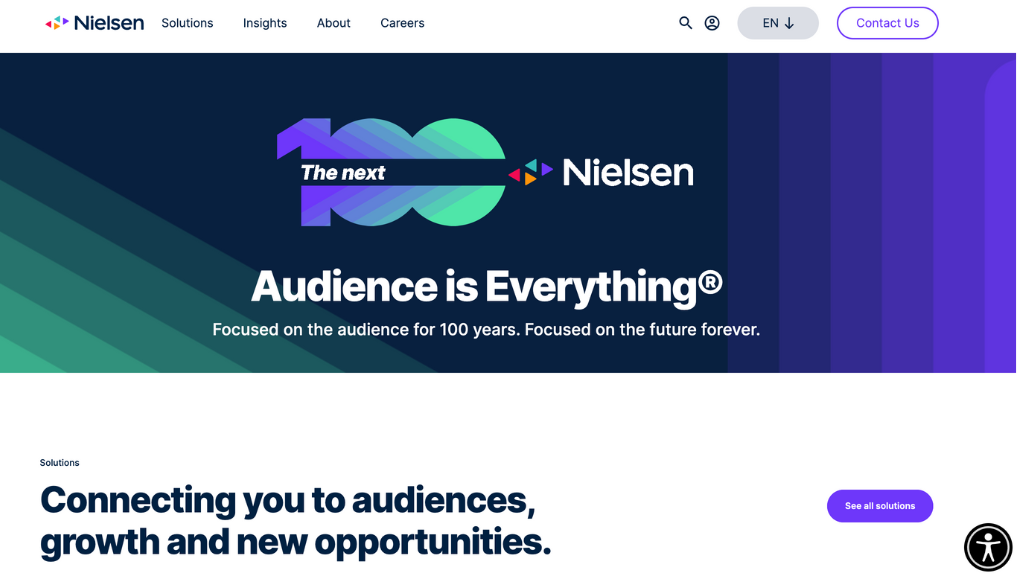
It’s important to note that while some of these datasets are freely available, others might require payment or subscriptions. Also, always check the licensing terms and conditions before using any dataset for commercial purposes.
Lastly, the best dataset for a specific business will often be its own internal data. Sales records, customer interactions, website analytics, and other internal data sources can be goldmines of information when properly analyzed and interpreted.
Amazon Mechanical Turk Reviews in 2023: Everything You Need to Know
Conclusion
Business Intelligence (BI) datasets are a powerful tool for businesses looking to gain a competitive edge through data analytics and business intelligence. By leveraging the insights provided by these datasets, businesses can make more informed decisions and drive better outcomes. The best BI datasets are those that provide the most value to your business. By selecting the right datasets and leveraging the insights they provide, businesses can gain a competitive edge and drive better outcomes. We hope that this article has provided you with a better understanding of how to leverage BI datasets to drive better outcomes for your business.




